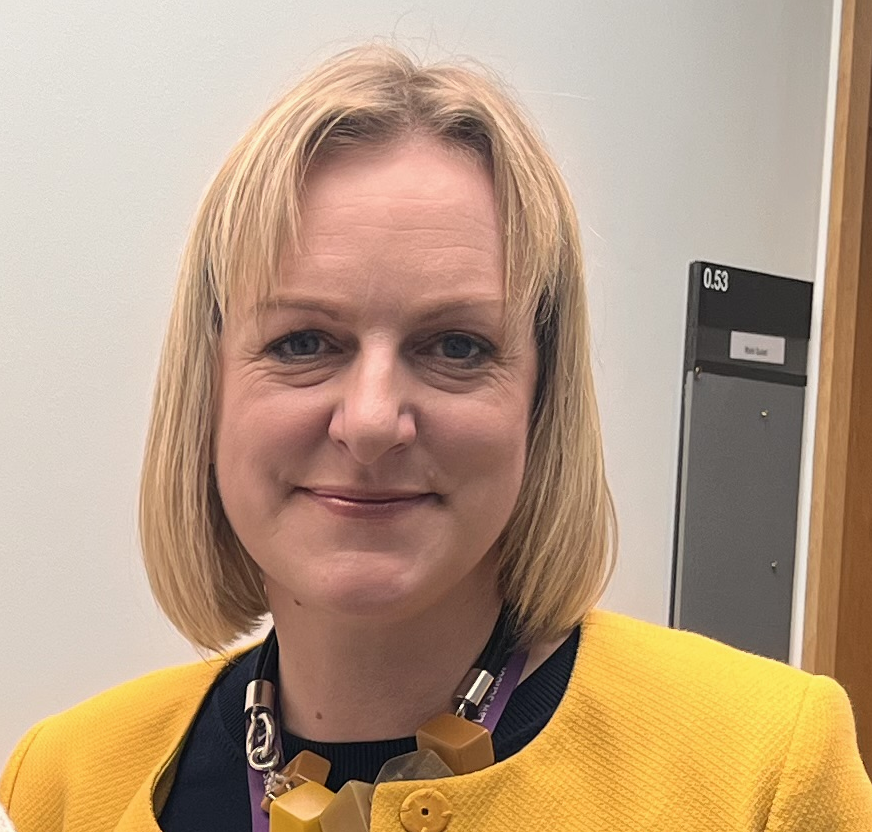Workplace Mediation Service
About workplace mediation
What is workplace mediation?

Workplace mediation is a practical way of trying to resolve difficulties in the workplace, such as issues between team members, or between an employee and the employer.
Workplace mediation is used where there is an ongoing employment relationship to preserve. It is a voluntary process where the parties can have complete confidence that whatever they say will remain confidential. It is a process which is conducted on a “without prejudice” basis. This means that anything that is referred to during the mediation cannot be referred to in any legal proceedings and the mediator cannot act as a witness in any formal or legal proceedings which may follow.
The mediator is entirely independent. It is not the mediator’s role to impose any solution or make a judgement on the issues; rather the mediator facilitates the parties to identify the issues, identify any common ground and consider solutions.
Mediation is future-focused and empowers individuals to identify solutions that would not be possible in formal or legal processes. This allows greater freedom and flexibility to both clarify the real issues and explore creative solutions that would not be possible in a more formal process.
When can workplace mediation be used?
Mediation can be used successfully in a wide variety of circumstances and disputes, including but not limited to:
- Disputes between employees and within teams.
- Where there are allegations of bullying, harassment or discrimination.
- Disputes between managers and employees.
- Boardroom and executive level disputes
- Disputes between business partners
- At the beginning, during or following grievance or disciplinary proceedings
- Personality clashes
- Communication issues
- During major change management processes
- Collective disputes
Mediation may not be appropriate in some cases of very serious gross misconduct or when the employer wants to communicate a message. It cannot and should not be used where the parties do not willingly engage with the process.
The advantages of workplace mediation
It places responsibility on individuals to resolve their disputes
Breaks down biases and allows for greater learning and understanding within working environments of different cultural and socio-economic backgrounds and beliefs
Greater employee engagement, productivity and wellbeing by reducing stress/anxiety/absences linked with unresolved conflict
Reduces the risk of litigation and costs of conflict
Helps to create a happier and healthier working environment
Halts disputes before they escalate out of control
Allows individuals to leave with dignity
Avoids reputational damage
The service we offer
How the service works
Our workplace mediation sessions last up to one day or two half days, and take place at the Law Clinic or on the UEA campus, as a neutral venue. By special arrangement, we can come to your workplace provided that it is within a reasonable distance of the Clinic and you can ensure a private, quiet, location; or mediate on Microsoft Teams.
Step 1: Initial steps
If we consider that you have a case which is suitable for workplace mediation, please email law.clinic@uea.ac.uk and if the case is suitable for workplace mediation you will be referred onto Dionne Dury.
Step 2: Pre-mediation discussions
This is a private and confidential meeting between the mediator and each party, during which the mediator will:
- Introduce themselves and explain their role as mediator and the principles of mediation.
- Ensure that both parties fully understand the process and agree to continue.
- Start to gain an understanding of the issues and explore options for resolution.
This meeting usually takes place shortly before the joint meeting, to help participants feel ready for the joint meeting.
Step 3: Joint meeting
The mediator will start by restating their role and the principles of mediation. Each individual will then talk about their concerns or issues without interruption and the mediator will summarise what has been said. The mediator will then facilitate further discussion to identify any common ground, promote understanding of each other’s perspectives and explore options, areas of compromise and possible solutions.
As we are a university law clinic, one or two students may be present at the mediation. They will adhere to strict confidentiality requirements and remain unobtrusive.
Step 4: The mediation agreement
Once agreement has been reached the mediator may draft an agreement setting out the details so that each party fully understands the terms and signs up to this.
The mediator is only able to report to the person who commissioned the mediation what has been agreed between the parties. All other aspects of the mediation remain confidential between the mediator and the parties.
Step 5: Follow-up
In some cases, there may be a follow up meeting with the parties within 30-60 days of the mediation. This will help to ensure that the parties are keeping to the agreement, allows the mediator to deal with any further issues and monitor the progress.
How much does it cost?
The mediation including all pre-meetings and preparatory work costs £800 plus VAT if the mediation lasts one day. This fee helps support the clinic's activities in providing free legal advice to those who cannot afford to pay.
We do offer related services such as facilitated conversations and we will advise of our fee for that once we have established what you need.
Who runs the mediation?

Dionne Dury
Workplace mediatorLecturer in Employment Law and Workplace Mediator
Dionne is an accredited workplace mediator with a background in Employment Law. She has over 17 years’ experience as an employment lawyer advising businesses and employees on a wide range of workplace disputes. Prior to relocating back to her home county of Norfolk in 2021, Dionne was Director of successful South-West based business, Resolution at Work, providing Workplace Mediation, Neutral Assessments, Workplace Investigations and Conflict Coaching. Dionne has worked for SME’s, charities and public sector companies across a variety of different sectors including local government, education, health and social care. Projects that Dionne has worked on have been shortlisted in the CIPD Wales awards as well as being recognised for improving employee engagement and creating conflict positive working environments.
Dionne is chair of the Civil Mediation Council’s Workplace and Employment group. She provides the workplace mediation service to the Law Clinic.

